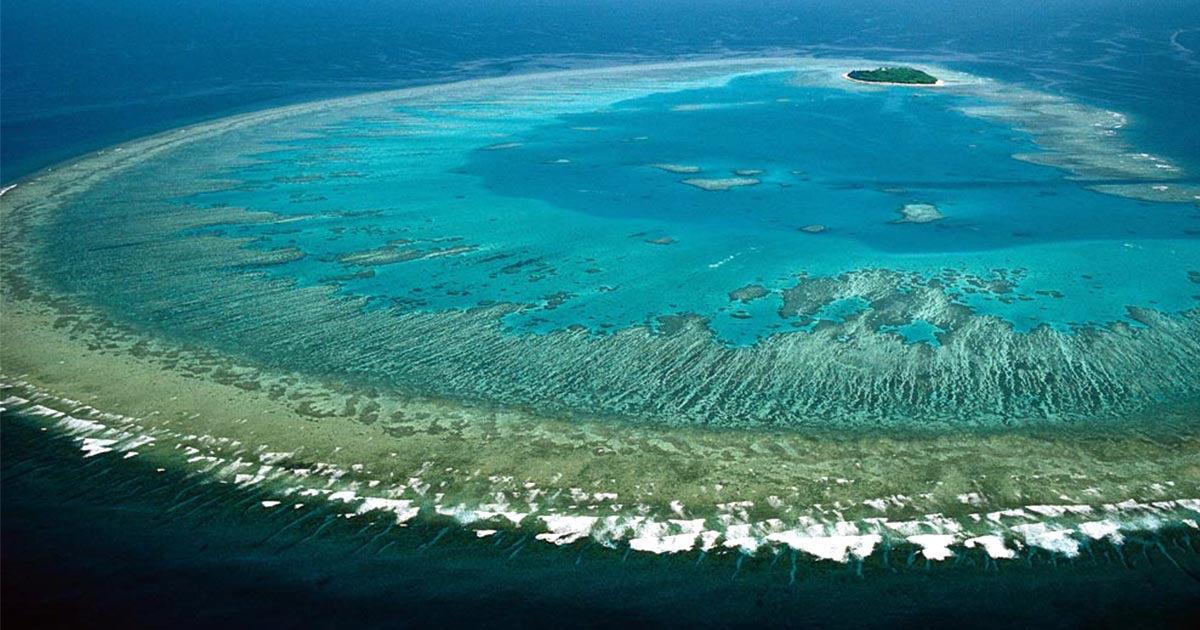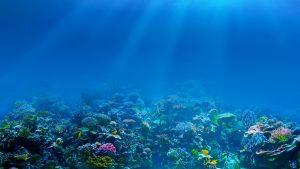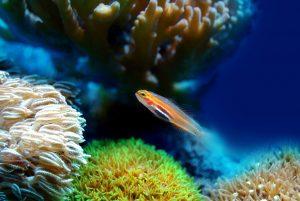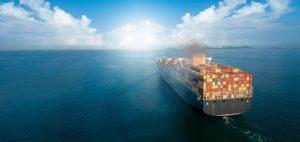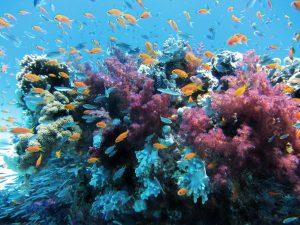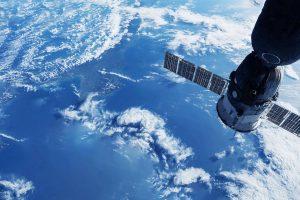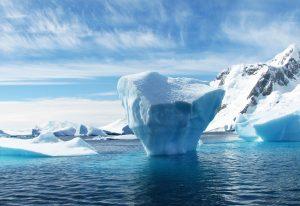The Australia and New Zealand region is home to some of the most diverse and important marine ecosystems in the world. From the Great Barrier Reef to the subantarctic islands, this region is home to a wide variety of marine life, including whales, dolphins, turtles, sharks, and fish.
Unfortunately, these marine ecosystems are also facing several threats, including:
- Climate change: Climate change is causing the oceans to warm, acidify, and rise in sea level. These changes are having a negative impact on marine life, as they are making it more difficult for them to find food, reproduce, and survive.
- Pollution: Pollution from land-based sources, such as sewage and agricultural runoff, is a major problem in the Australia and New Zealand region. This pollution can harm marine life by making them sick or by reducing the amount of oxygen in the water.
- Overfishing: Overfishing is another major threat to marine ecosystems. Fish stocks are being depleted at an alarming rate, and this is having a negative impact on the food chain.
In response to these threats, there are a number of marine conservation efforts underway in Australia and New Zealand. These efforts include:
- Protection of marine parks and reserves: Australia has a network of over 500 marine parks and reserves, which protect over 30% of its marine waters. New Zealand also has a network of marine parks and reserves, which protect over 10% of its marine waters. These parks and reserves help to protect marine life from threats such as pollution and overfishing.
- Reduction of pollution: Both Australia and New Zealand have implemented various policies to reduce pollution from land-based sources. These policies include:
- Building sewage treatment plants
- Reducing the use of pesticides and fertilizers
- Planting trees to help filter pollutants from the water
- Overfishing management: Both Australia and New Zealand have implemented a number of measures to manage fishing, such as:
- Setting catch limits
- Establishing marine protected areas
- Monitoring fish stocks
- Research: Researchers are working to better understand the threats facing marine ecosystems and to develop ways to protect them. They are also working to develop new technologies that can be used to clean up pollution and to reduce overfishing.
- Education: Education is essential to marine conservation. People need to understand the importance of protecting marine ecosystems and the threats they face. There are a number of organizations in Australia and New Zealand that are working to educate the public about marine conservation.
- Advocacy: Advocacy is also important for marine conservation. Organizations need to advocate for stronger government action to protect marine ecosystems. They also need to work to change public attitudes about marine conservation.
The marine conservation efforts in Australia and New Zealand are making a difference. However, there is still much work to be done. By working together, we can protect these important marine ecosystems for future generations.
Here are some additional things you can do to help with marine conservation:
- Reduce your plastic consumption.
- Bring your own reusable bags when you go shopping.
- Avoid using single-use plastic straws, utensils, and cups.
- Choose sustainable seafood.
- Ask your fishmonger where the seafood comes from and how it was caught.
- Choose seafood that is certified as sustainable.
- Support organizations that are working to conserve marine life.
- Donate to organizations that are working to protect marine ecosystems.
- Volunteer your time to help with marine conservation efforts.
- Get involved in local marine conservation efforts.
- Attend community meetings about marine conservation.
- Write to your elected officials about marine conservation issues.
Every little bit helps!


